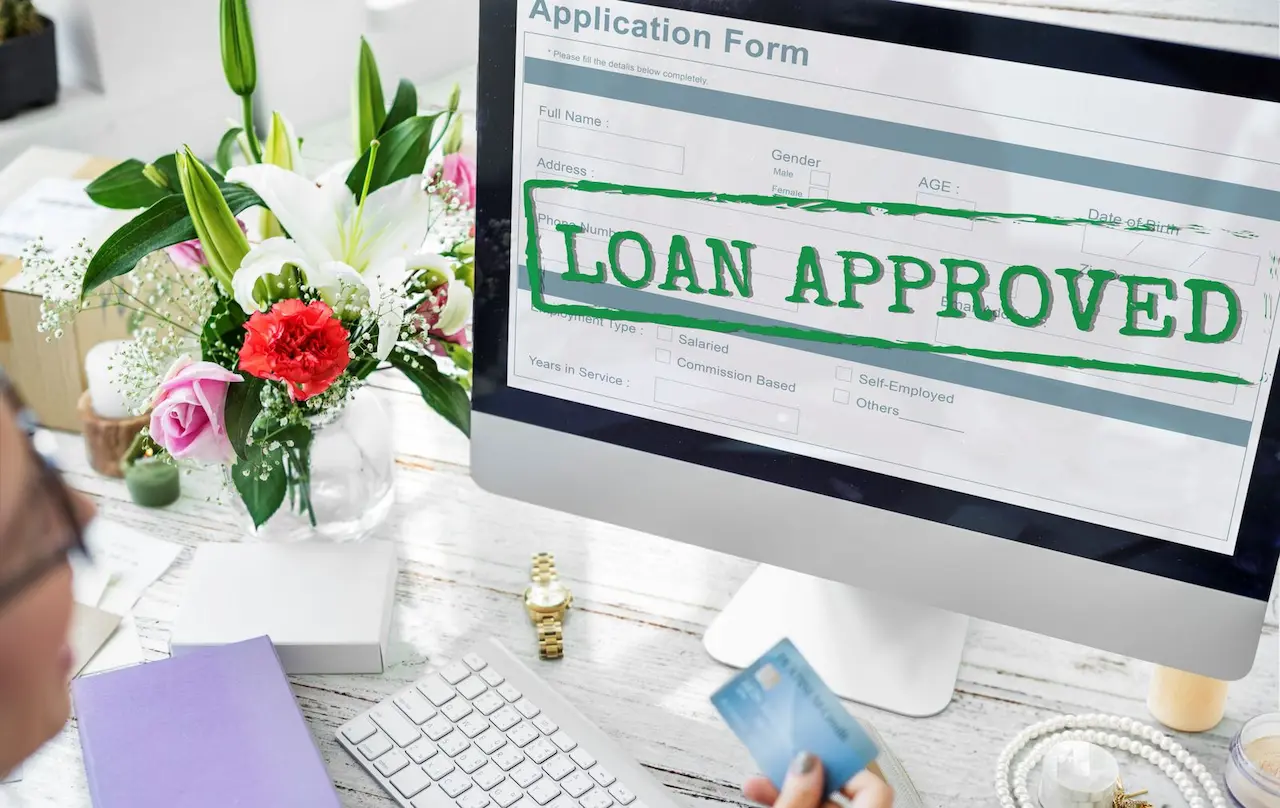
If you're 55+ years old, and your looking to access some of the equity in your home, and improve your retirement lifestyle, you can tap into your home's value to do so. A reverse mortgage is a practical and easy strategy for tapping into your home's equity. Stay in the house you love and pay off your mortgage only when you move, sell, or no longer need it thanks to this creative financing option.
What are the "ins and outs" of a Reverse Mortgage?
The equity in your house can be converted into tax-free cash through a reverse mortgage, eliminating the need to sell your home. Homeowners in Canada may borrow up to 55% of the equity in their house without giving up ownership or control of their home.
With a Reverse Mortgage, you don't need to make monthly payments toward principal or interest. Mortgage interest is at a moderate, reasonable rate and is simply added to the principal. When you and your spouse no longer wish to live in your own home, the mortgage will be paid from the sale of your home.
What are all the ways I can use
my Reverse Mortgage?
Reverse mortgages have allowed thousands of Canadians tap into the equity in their home and these fund are being enjoyed in a number of ways.
- Improving the quality of life in your retirement years
- Doing the home renovations you have always wanted to do
- Taking that dream holiday you always wanted to do. Now is your time to enjoy life.
- Get rid your current mortgage and pay off all debts
- Pay for at home health care
- Buy a new home
- Gift your children a living inheritance tax free
Home Ownership and Repayment
With a reverse mortgage, just like a regular mortgage, you will always be the legal owner of your home. The best part is that you don't have to make monthly mortgage payments, but you will need to keep up with your home property taxes and home insurance and keep your home in good condition.
The important part is that no matter what happens to the real estate market, the amount you are required to pay out on a Reverse Mortgage when you decide to move, will never be more than the home's current market value.
This is a Home Equity Lender Guarantee.
Plus the best part is that any increase in the value of your home, above what is owed, is yours to keep.
Reverse Mortgage Eligibility Requirements in Canada
You and your spouse need to be at least 55 years old to apply for a reverse mortgage in Canada.
When considering an application for a Reverse Mortgage, the following criteria are typically taken into account:
- You and your spouse’s age
- The location of the property
- The type of dwelling (condo, detached house, townhouse, etc.)
- The condition of the home
- The home’s appraised value
Unlike conventional mortgages, a Reverse Mortgage does not place as much emphasis on your income or credit score as long as you can manage to pay for the associated costs, such as property taxes, house insurance, and maintenance. Reverse mortgages, as you can see, are straightforward. If you qualify, getting a reverse mortgage is very simple.
When You're Ready to Retire, There's No Place Like Home.
You made a good choice when you bought your home and have put in a lot of effort into maintaining it. If you're a Canadian homeowner, you probably have a large amount of of equity in your home. The challenge is getting at that wealth without having to sell the house. With the help of a reverse mortgage, you can access your equity, or money and continue living in the house you've come to love.
Making a Decision
There are benefits and drawbacks to a reverse mortgage that you should think about carefully before getting one.
Benefits
Reverse mortgages offer the following benefits:
- Up to 55% of your home's value can be accessed without you having to sell your current home.
- Mortgage payments are not required at any time during the loan duration.
- Borrowed funds are not considered taxable income.
- Taking out a reverse mortgage won't reduce any retirement benefits you're already receiving, including those from Social Security and the Guaranteed Income Supplement.
- Maintaining ownership and management of your house is a priority for you.

Some Things to Think About
With this newfound understanding of the advantages, it's helpful to consider some additional considerations.
- Due to the lack of required monthly payments, the interest rate on a reverse mortgage may be slightly higher than on a conventional mortgage.
- Interest added to the mortgage balance over time means that the outstanding mortgage balance is not decreasing like a normal mortgage.
- The loan will have to be repaid if you wish to sell your home or both of the owners have passed away.
- You may have to pay a prepayment charge if you want to payoff your loan early.
Knowing the benefits and drawbacks of a reverse mortgage can help you and your family make the best possible decision.
Some Suggestions on How to Make the Most of Your Reverse Mortgage
Here are some pointers for taking advantage of a reverse mortgage, courtesy of Canada's Financial Consumer Agency:
- Don't rush into a reverse mortgage without first considering all of your other possibilities. Did you that there are multiple reverse mortgage lenders?
- Before signing a reverse mortgage contract, it's important to read it carefully and ask any questions you have.
More Posts

Taking out a reverse mortgage loan: A guide for 55+ homeowners

Making accessibility renovations to your home

Comparing reverse mortgages to Home Equity Loans, (HELOC) and alternative financing strategies













